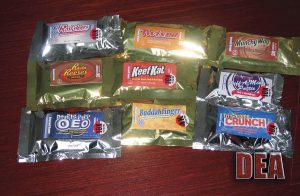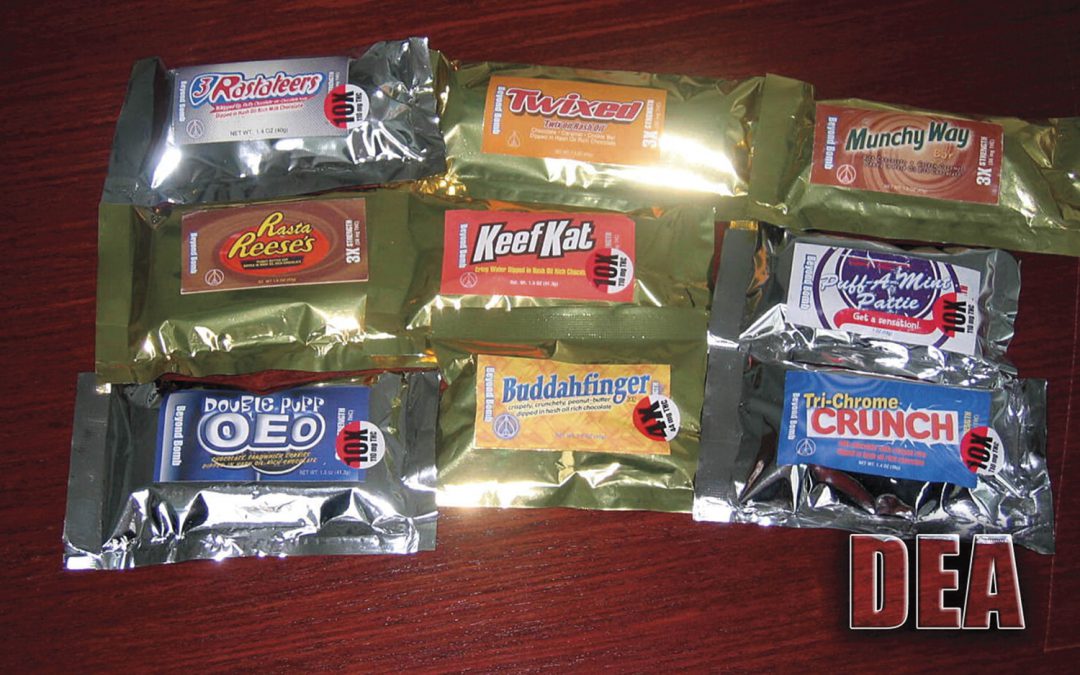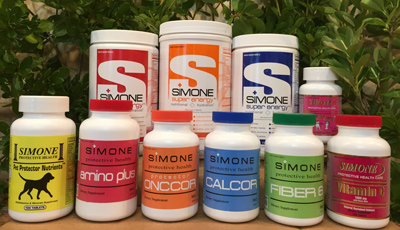MARIJUANA EDIBLES
May 16, 2017, Updated March 20, 2019
We do not diagnose disease or recommend a dietary supplement for the treatment of disease. You should share this information with your physician who can determine what nutrition, disease and injury treatment regimen is best for you. You can search this site or the web for topics of interest that I may have written (use Dr Simone and topic).
“We provide truthful information without emotion or influence from the medical establishment, pharmaceutical industry, national organizations, special interest groups or government agencies.” Charles B Simone, M.MS., M.D.

Lawrenceville, NJ (Dr. Simone) – Does this packaging look familiar? So it would also to children in Colorado, Washington State, and soon in Alaska and Oregon. Over-intoxication could be common because some of these products contain 4 or 5 times the “normal” amount that when ingested rather than smoked increases the metabolic effects of marijuana. The majority of marijuana related events of children rushed to emergency rooms in Colorado were because of edibles.
So far the federal government, Food and Drug Administration and Justice Department, are not regulating edibles. Marijuana is a Schedule I controlled substance which means it has a “high potential for abuse, has no accepted medical use, and is not safe even under medical supervision.” The FDA cannot regulate it as a drug because it is a Schedule I substance. But the FDA could consider marijuana edibles a food. Foods must contain only what is “generally recognized as safe.” Clearly marijuana is not recognized as safe. However, the FDA can’t regulate marijuana edibles sales because sales of marijuana are prohibited by federal law.
The Justice Department could enforce the Controlled Substance Act but considers this not a priority because the consumer is protected by state and local laws. However, the Justice Department can prosecute if it deems legalized marijuana is a threat to national interests such as distribution to minors.
Another avenue of control is through candy companies. Hersey has sued for trademark infringement and prevailed against one of the edible manufacturers.
Hopefully it won’t take a child’s tragedy to get the federal government involved.
Who will pay for higher health costs and diminished capabilities for those who use it? The politicians and lobbyists who vote for its availability should be directly financially responsible, as should also the sellers of marijuana.
MEDICAL FACTS (NEJM June 5, 2014; Eur J Emerg Med 2006; JAMA Dec 2025)
-
UCLA Study – No Evidence that Medical Cannabis Works: Despite being legal in 40 states and a $32 billion industry, a December 2025 review by UCLA researchers published in JAMA found that medical cannabis lacks “gold standard” evidence for treating chronic pain, anxiety, and insomnia (https://jamanetwork.com/journals/jama/article-abstract/2842072).
-
“The evidence does not support the use of cannabis or cannabinoids at this point for most of the indications that folks are using it for,” lead study author Dr. Michael Hsu, an addiction psychiatrist at UCLA, told The New York Times.
After reviewing over 2,500 articles published from January 2010 through September 2025 including randomized clinical trials, meta-analyses and clinical guidelines, the researchers highlighted significant safety concerns:
-
Addiction: Approximately 29% of medical cannabis users meet the criteria for Cannabis Use Disorder – Addiction.
-
Mental Health: High-potency products are linked to higher rates of psychosis and generalized anxiety, particularly in adolescents.
-
Heart Health: Daily use, especially of inhaled products, is associated with increased risks of heart attack, stroke, and coronary heart disease.
-
-
Addiction to Marijuana and other substances is high
-
Abnormal Brain development
-
Respiratory insufficiency and Coma
-
Impaired short term memory, difficult to learn and retain information
-
Altered judgement that increases risk of sexually transmitted diseases
-
Progression to use of other drugs
-
-
Depression or Anxiety
-
Diminished lifetime achievement : poor education outcome, high dropout rate, cognitive impairment, lower I.Q. for those who started using in adolescence.
-
Motor vehicle accidents – car crashes rose 6% from 2012 to 2017 in 4 states that legalized marijuana (Nevada, Colorado, Washington, Oregon) compared to 4 states that did not.
-
Symptoms of chronic bronchitis
-
Higher risk of cancer and cardiovascular disease
-
Effects of marijuana on athletic performance
Impairs skills requiring eye-hand coordination and a fast reaction time
Reduces motor coordination, tracking ability and perceptual accuracy that may last up to 24 to 36 hours after usage
Reduces maximal exercise capacity resulting in increased fatigue
Impairs concentration
Marijuana has no performance-enhancing potential
“I smoked pot as a kid, and I view it as a bad habit and a vice, not very different from the cigarettes that I smoked as a young person up through a big chunk of my adult life. I don’t think it is more dangerous than alcohol.” Barack Obama, President of the United States, The New Yorker Magazine January 27, 2014.
(c) 2017 Charles B Simone, M.MS., M.D.




